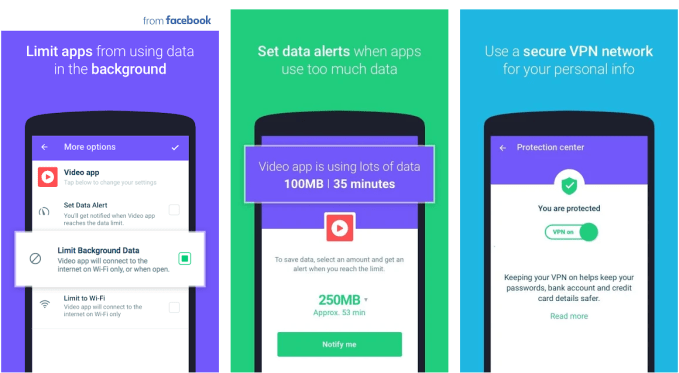
Delft University of Technology Buys 14.4 petabytes of Internet bandwidth To Support Tribler Anonymous torrent client . This bandwidth, provided by Leaseweb, will be used to scale-up the Tor-like privacy protection.
The Tribler lab at Delft University of Technology was an early investor in Bitcoins and mined a hefty number of the virtual currency in the craze. To support the current project has sold part of its Bitcoin stash to purchase bandwidth for its anonymous torrent client. The bandwidth will be managed by swarms of intelligent bots which can buy new exit-point servers, if required. Users themselves can also join in by "mining" bandwidth tokens.
Tribler has been around for while and has developed into the only truly decentralized BitTorrent client in existence. It is so well developed and maintained so that even if all torrent sites were shut down today, Tribler users would still be able to find and add new content.
The
well-funded project is managed by dozens of academic researchers, which is a guarantee for continued development. One of the main challenges has been making and keeping Tribler anonymous.
Work on Tribler has been supported by multiple Internet research
European grants. In total we received 3,538,609 Euro in funding for our
open source self-organising systems research.
Roughly 10 to 15 scientists and engineers work on it full-time.
Our ambition is to make darknet technology, security and privacy the
default for all Internet users.
As of 2017 we have received code from 56 contributors and 146.003
lines of code.
The Tribler team addressed the anonymity problem by adding a built-in Tor network to the Tribler client, routing all data through a series of peers. The latest Triber release, published today, aims to address these challenges in ways we’ve never seen before.
Professor Johan Pouwelse, leader and founder of the Tribler project, informs us that his lab at Delft University of Technology has bought 14.4 petabytes of Internet bandwidth. This bandwidth, provided by Leaseweb, will be used to scale-up the Tor-like privacy protection.
We are not done with Tribler firsts yet, it was the first torrent client to treat bandwidth as a currency. Tribler uses a blockchain to keeps track of people’s sharing habits and with the latest release users can now “mine” credits. The ultimate goal is to have a stable economy with users trading in bandwidth to ensure fast and anonymous downloads. To enhance the security, Tribler will deploy “token robots” that can manage the bandwidth and operate exit points making it easier for users to become anonymous and harder for those who are trying to look in.
“We create swarms of intelligent bots to manage bandwidth. These bots do as they are programmed, they can make smart decisions. We believe robots can’t be as easily corrupted as humans or forced to act against their own will. They can autonomously buy servers using Bitcoin, self-replicate, operate
a Tor-like exit node, and sell Tribler bandwidth coins to survive
another month” Pouwelse says.
If you are interested in learning (or helping the project) the open source project is on
Github
